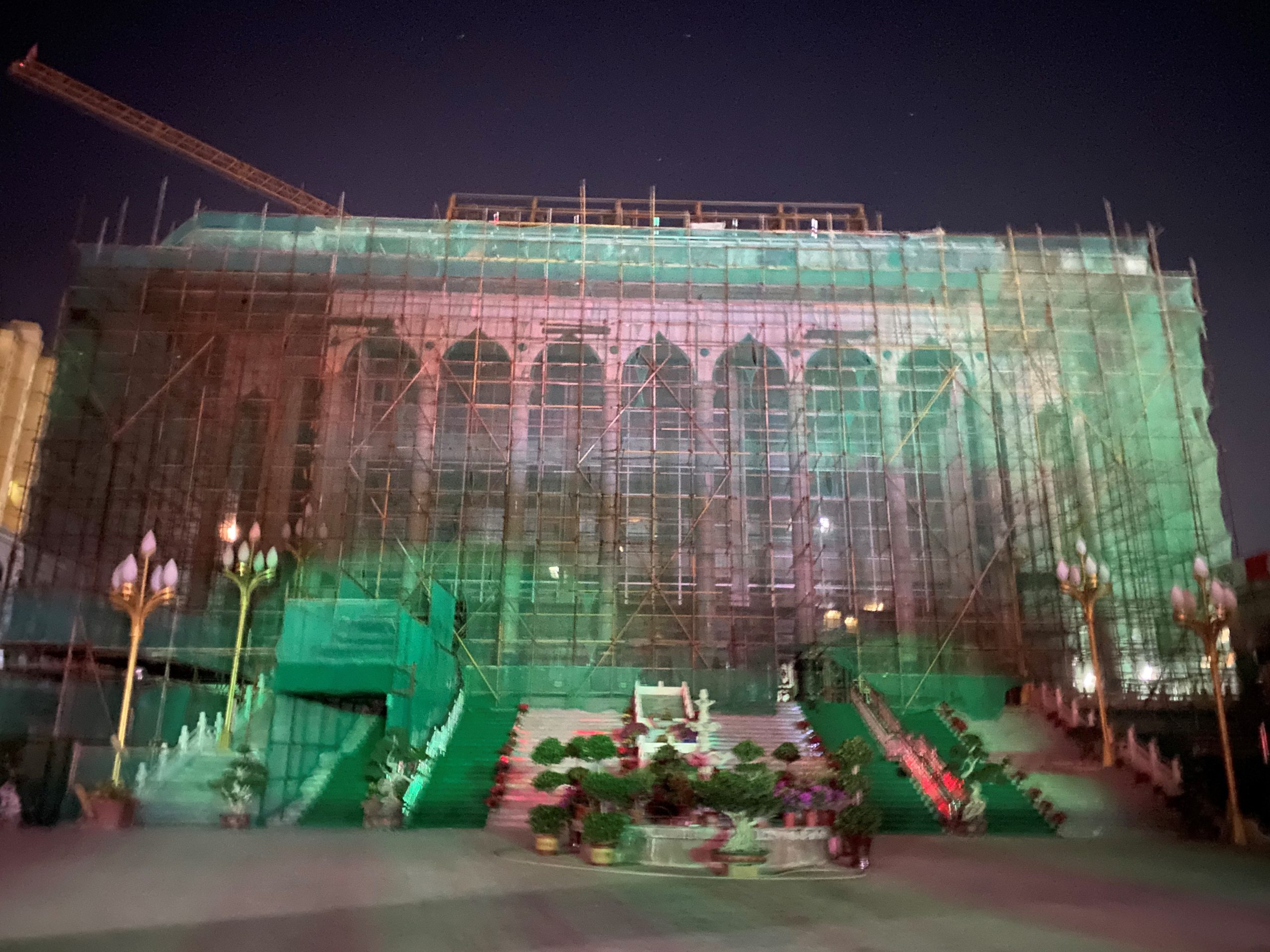By Jing Wang
The landscape of Islam within China has been changing rapidly during the pandemic. Ethnographic fieldwork can map these erasures and disappearances in everyday life.
Read the article on Anthropology News

Caption: A mosque in Linxia, Gansu was under “renovation.” The dome was gone when the picture was taken. Jing Wang
